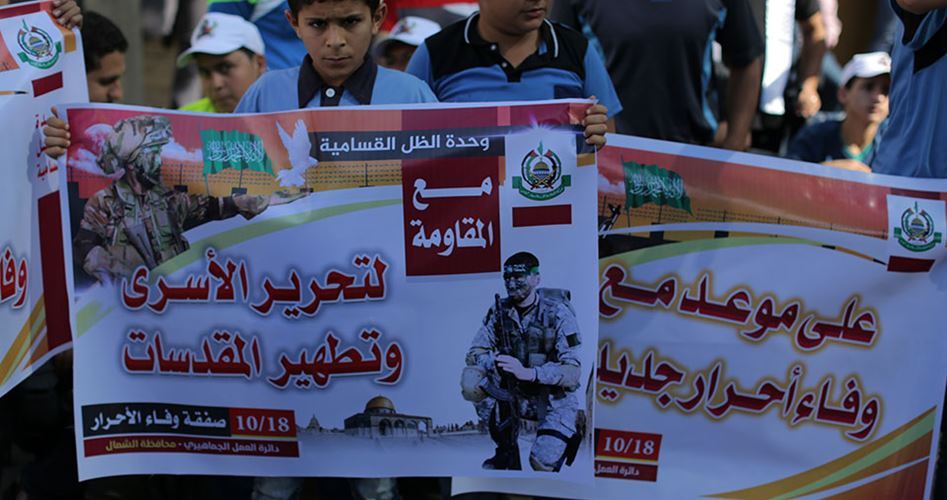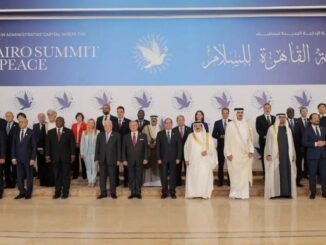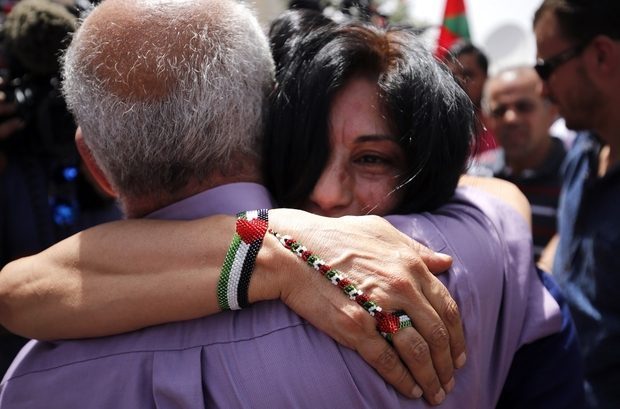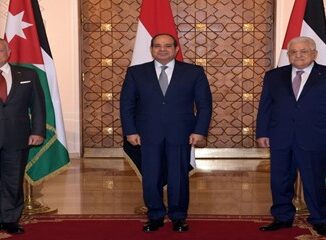
At a rally organized in Gaza City on Monday commemorating the fifth anniversary of the Gilad Shalit prisoner exchange deal, a number of activists and former prisoners vowed that Palestinian resistance movements would kidnap more Israeli soldiers until all Palestinian political prisoners were freed from Israeli custody.
In 2006, Gaza militants captured Israeli soldier Gilad Shalit and held him for five years before freeing him in exchange for the release of more than 1,000 Palestinian prisoners.
Monday’s rally, organized by the Hamas movement, was held in front of the headquarters of the International Committee of the Red Cross (ICRC) and was attended by officials of various political movements along with former prisoners who were freed in the deal.
Political bureau member of Hamas Khalil al-Hayya denied any negotiations with the Israeli occupation over prisoner swap deals.
Speaking on the sidelines of a ceremony held in Gaza to mark the fifth anniversary of the al-Ahrar prisoner swap deal, al-Hayya said the terms for any projected deal with Israel are to be determined by the Palestinian resistance only.
The Hamas official urged Israel to abide by all the bonds of the Wafa al-Ahrar deal and to release the re-detained Palestinians who had been released in the Wafa al-Ahrar deal.
One of the prisoners freed in the exchange, Iyad Abu Fnoun, directed a message to Palestinians incarcerated by Israel, assuring them that they had not been forgotten.
He argued that Palestinian prisoners could only be freed by force, saying that “what was taken by force, can only be restored by force.”
Abu Fnoun declared that the resistance “will not lay down their weapons,” and would continue fighting against Israel until its goals were achieved.
He said that the message of the resistance was the same message delivered by Misbah Abu Sbeih, Muhammad Faqih, and Muhannad Shafiq Halabi — three Palestinians who were all killed by Israeli soldiers or police after carrying out or allegedly carrying out deadly attacks against Israelis over the past year.
Abu Fnoun also described the years spent in negotiations before the exchange deal as “bitter,” and commended the heroism of Ahmad Said Khalil al-Jaabari and other slain Palestinians who were involved in kidnapping Shalit.
Hani Thawabta, an official for the left-wing Popular Front for the Liberation of Palestine (PFLP), also affirmed that the resistance in the Gaza Strip would aim to kidnap more Israeli soldiers to exchange them for Palestinian prisoners.
“Confrontation with the enemy is not an easy path. It requires major sacrifice and determination,” he said.
The first phase of the Shalit prisoner swap deal between Hamas and Israel was carried out on Oct. 18, 2011, when Israel released 477 Palestinian detainees in exchange for Israeli soldier Gilad Shalit, who was held captive by Hamas for five years.
The deal was completed in December 2011, when 550 further Palestinian detainees were released from Israeli prisons.
However, since their release, Israel has initiated mass detention campaigns to bring hundreds of former prisoners released in the exchange back into Israeli custody, in violation of the agreement.
Hamas has repeatedly insisted that Israel must release all prisoners who were freed as part of the deal but have since been redetained, before starting talks in a new prisoner swap deal.
According to Palestinian prisoners’ rights group Addameer, some 7,000 Palestinians were held in Israeli custody as of August.



